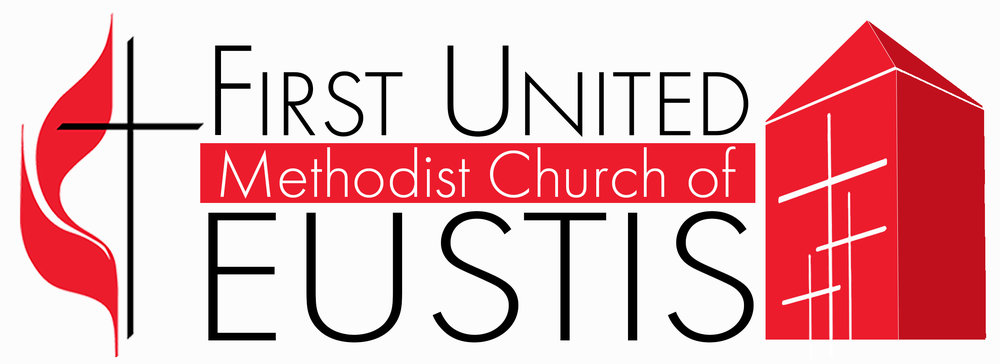What is Methodism?
The United Methodist Church is a Protestant movement and traces its roots back to John Wesley, an Anglican priest in the Church of England in the 1700s. John and his brother, Charles, intended to revitalize the Church of England by forming societies of "Methodists" (they were called this because the members followed a daily routine of religious observance and social work). Methodism first spread to Ireland and then to America where it officially became its own denomination in 1784. Today United Methodist membership stands at nearly 10 million worldwide (more than 1 million are outside of the United States).
Part of the mark of being a United Methodist is that we hold a wide range of theological beliefs. John Wesley said, "As to all opinions which do not strike at the root of Christianity, we think and let think."
In general, we agree on these major aspects of theology:
- We believe in a Triune God: Father, Son and Holy Spirit (also called the Trinity)
- We believe in God’s love and forgiveness of all people.
- We believe in the mystery of salvation through Jesus Christ.
- We believe in celebrating the Sacraments of Baptism and Holy Communion
“Do all the good you can, by all the means you can, in all the ways you can, in all the places you can, at all the times you can, to all the people you can, for as long as ever you can.”
For United Methodists, social consciousness has always gone hand in hand with faith. We believe, with John Wesley, "that the world is our parish." Hence, we support mission and justice work locally, regionally and around the world. We cherish an ecumenical tradition and seek to work together with other Christian denominations as well as other religions. We believe in the dignity of each person and the practice of total democracy in our church’s life.
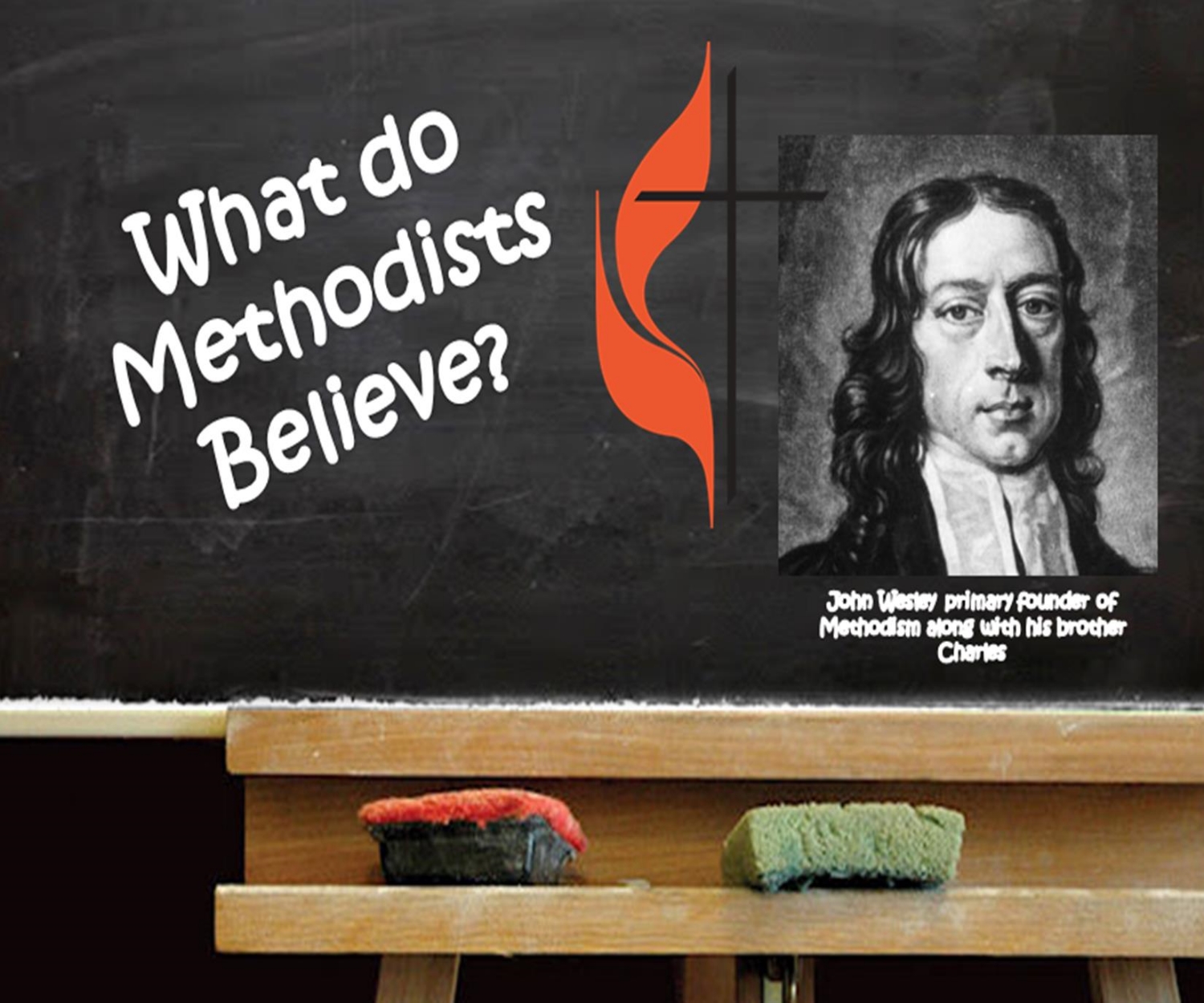

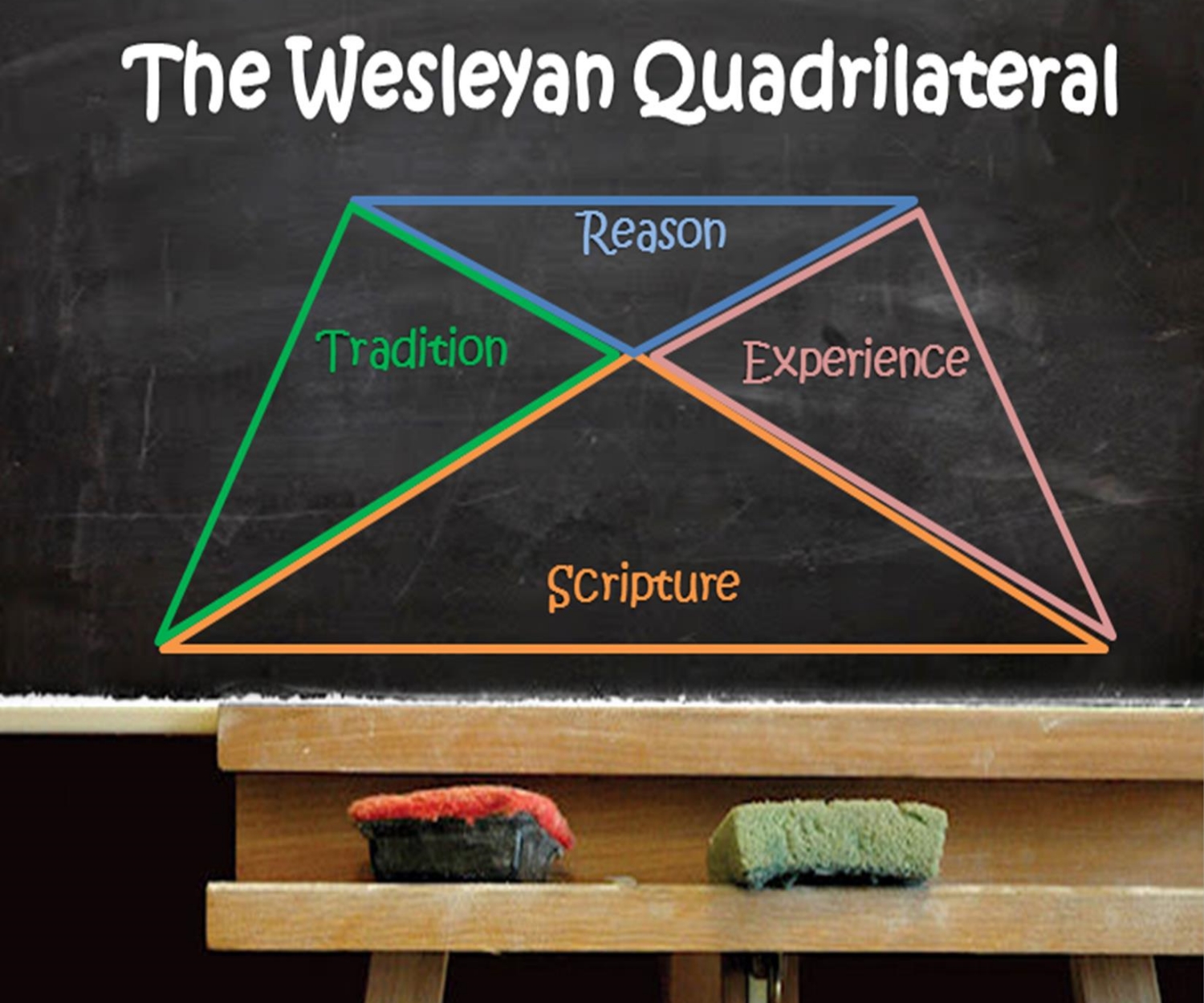

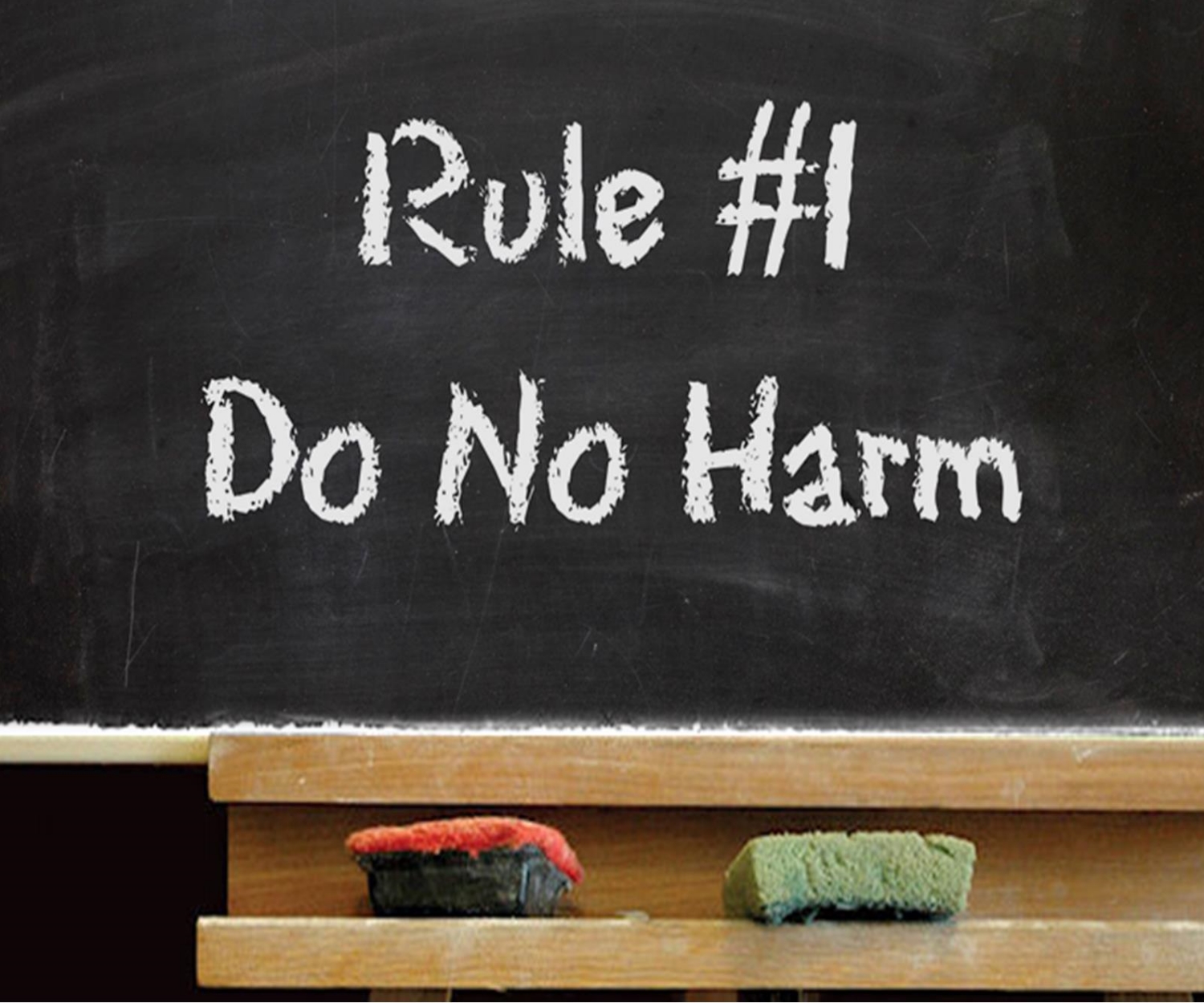
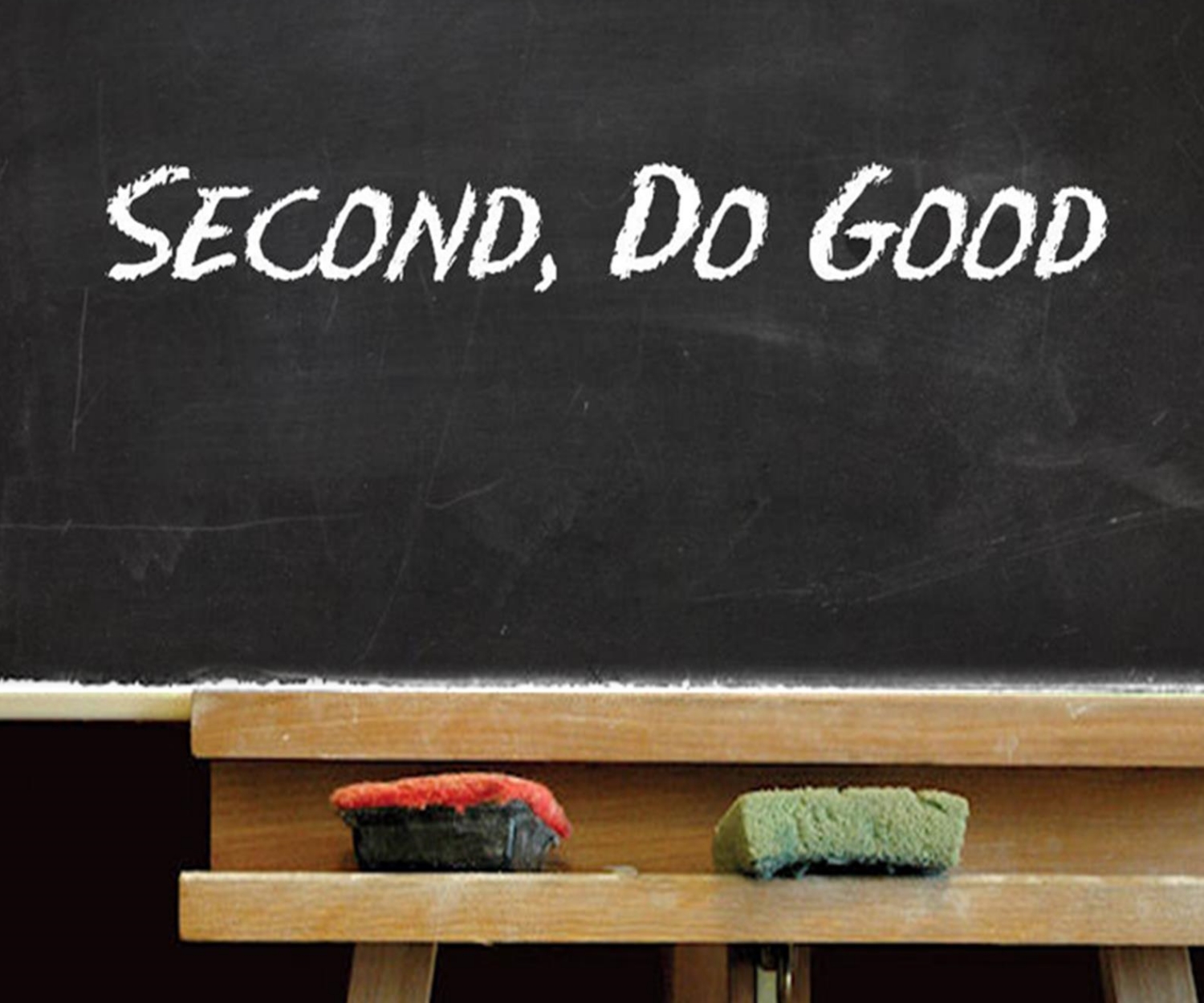
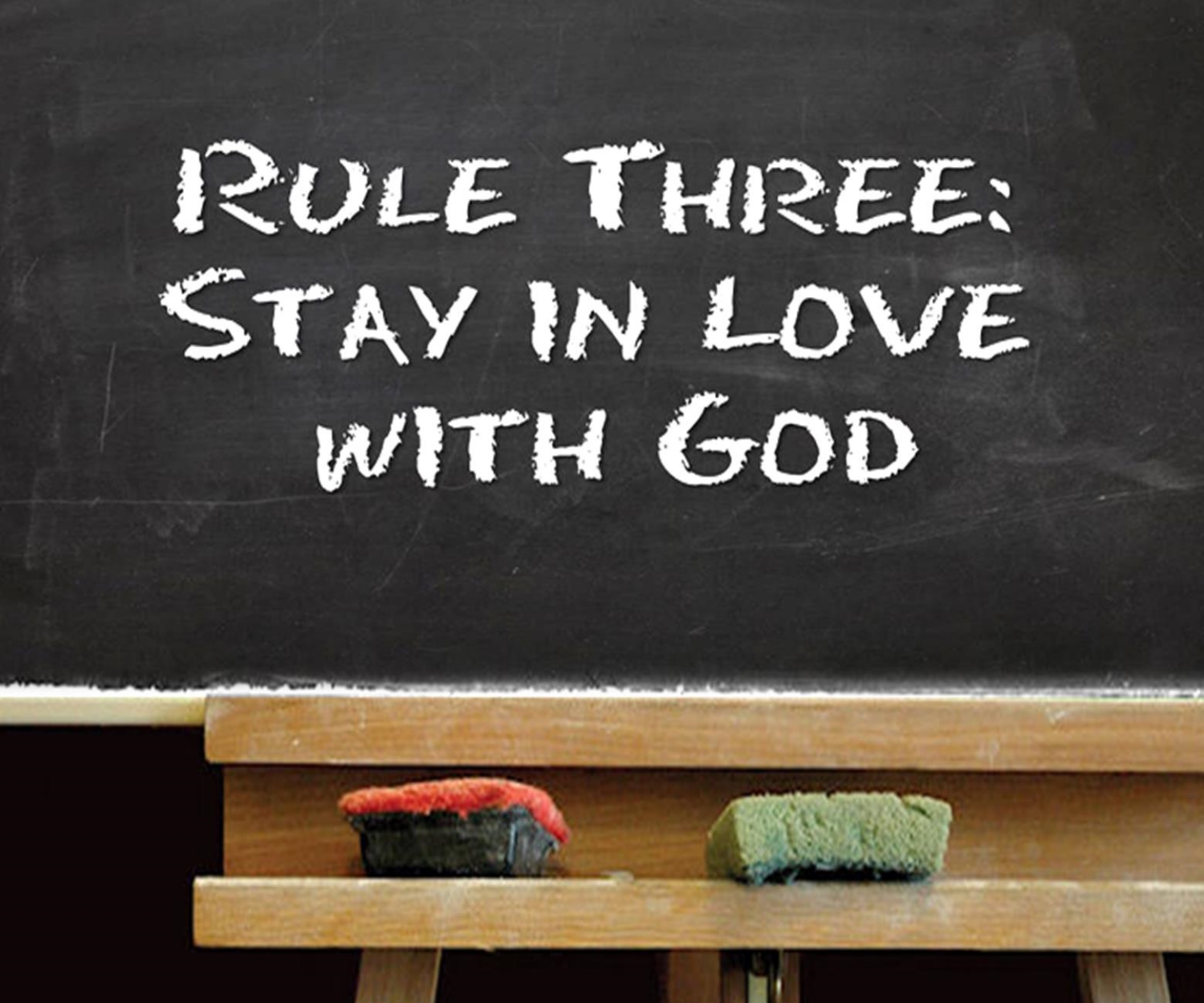
John Wesley believed that the living core of the Christian faith was revealed in Scripture, illumined by tradition, vivified in personal experience, and confirmed by reason. United Methodists today follow four main guidelines that help us understand our faith. Scripture, Tradition, Experience, & Reason:
Scripture - United Methodists share with other Christians the conviction that Scripture is the primary source and criterion for Christian doctrine. Through Scripture the living Christ meets us in the experience of redeeming grace. We are convinced that Jesus Christ is the living Word of God in our midst whom we trust in life and death.
Tradition - The story of the church reflects the most basic sense of tradition, the continuing activity of God's Spirit transforming human life. Tradition is the history of that continuing environment of grace in and by which all Christians live, God's self-giving love in Jesus Christ. As such, tradition transcends the story of particular traditions.
Experience - Some facets of human experience tax our theological understanding. Many of God's people live in terror, hunger, loneliness, and degradation. Everyday experiences of birth and death, of growth and life in the created world, and an awareness of wider social relations also belong to serious theological reflection. A new awareness of such experiences can inform our appropriation of scriptural truths and sharpen our appreciation of the good news of the kingdom of God.
Reason - Although we recognize that God’s revelation and our experiences of God’s grace continually surpass the scope of human language and reason, we also believe that any disciplined theological work calls for the careful use of reason. By reason we read and interpret Scripture. By reason we determine whether our Christian witness is clear. By reason we ask questions of faith and seek to understand God’s action and will.
Statements of Faith
Our Social Creed - The United Methodist Church
"Our Social Creed" is a basic statement of our convictions about the fundamental relationships between God, God's creation and humanity. This basic statement is expanded in a more lengthy statement called the "Social Principles." This statement explains more fully how United Methodists are called to live in the world.
We believe in God, Creator of the world; and in Jesus Christ, the Redeemer of creation. We believe in the Holy Spirit, through whom we acknowledge God’s gifts, and we repent of our sin in misusing these gifts to idolatrous ends. We affirm the natural world as God’s handiwork and dedicate ourselves to its preservation, enhancement, and faithful use by humankind. We joyfully receive for ourselves and others the blessings of community, sexuality, marriage, and the family. We commit ourselves to the rights of men, women, children, youth, young adults, the aging, and people with disabilities; to improvement of the quality of life; and to the rights and dignity of all persons. We believe in the right and duty of persons to work for the glory of God and the good of themselves and others and in the protection of their welfare in so doing; in the rights to property as a trust from God, collective bargaining, and responsible consumption; and in the elimination of economic and social distress. We dedicate ourselves to peace throughout the world, to the rule of justice and law among nations, and to individual freedom for all people of the world. We believe in the present and final triumph of God’s Word in human affairs and gladly accept our commission to manifest the life of the gospel in the world. Amen.
For more information about the beliefs of the United Methodist Church,
please click here.
